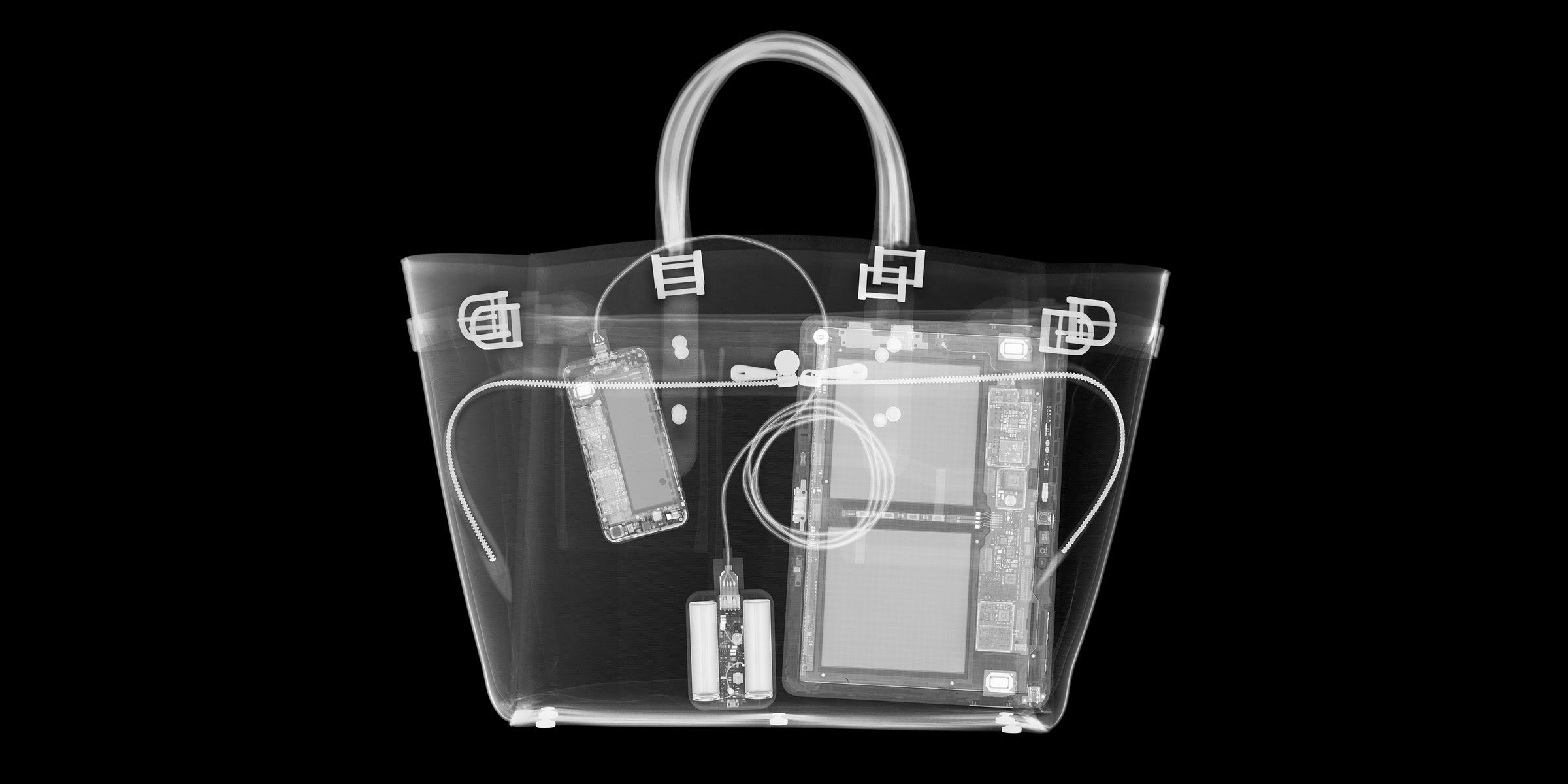How to Enter the US With Your Digital Privacy Intact
Traveling to the United States can be an exciting experience, but it is important to consider your digital privacy while entering the country. With increasing concerns about surveillance and data collection, there are steps you can take to protect your personal information and maintain your privacy.
Before you travel, make sure to update your devices and software to the latest versions. This can help protect against security vulnerabilities and keep your data secure while abroad.
Consider using a virtual private network (VPN) to encrypt your internet connection and protect your online activities from prying eyes. This can be especially helpful when using public Wi-Fi networks, which are often targeted by hackers.
Be mindful of the information you share on social media and other online platforms. Avoid posting sensitive information such as your travel plans, financial details, or personal photos that could be used against you.
When going through customs and immigration, be prepared to provide access to your devices if asked. However, you have the right to refuse to provide passwords or unlock your devices unless there is a valid reason for suspicion.
Consider using secure messaging apps and encrypting your communications to protect your privacy while in the US. Apps like Signal or WhatsApp offer end-to-end encryption to keep your messages secure.
Avoid using public charging stations or unknown USB charging cables, as these can be used to install malware on your device or steal your data. Bring your own charger and use a wall outlet to charge your devices securely.
If you are concerned about your digital privacy while in the US, consider leaving your devices at home or using a temporary phone or laptop with limited personal information. This can help minimize your risk of exposure to surveillance and data collection.
Lastly, be aware of your rights when it comes to digital privacy in the US. Familiarize yourself with the laws and regulations surrounding data protection, surveillance, and privacy rights to ensure you know your rights and how to protect them.






More Stories
Even More Venmo Accounts Tied to Trump Officials in Signal Group Chat Left Data Public
An AI Image Generator’s Exposed Database Reveals What People Really Used It For
Cybersecurity Professor Mysteriously Disappears as FBI Raids His Homes